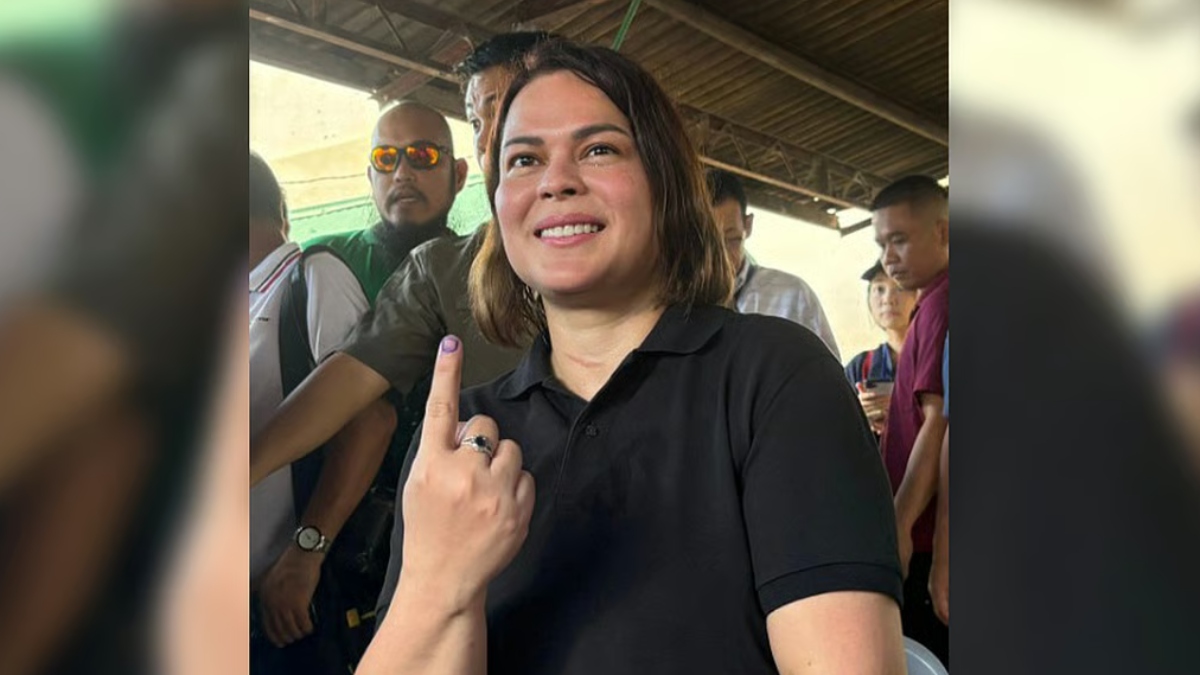Vice President Sara Duterte has expressed her support for a legislative measure banning political dynasties in the Philippines, a move she believes she is uniquely qualified to advocate for—despite coming from one of the country’s most prominent political families.
“I have the strongest and most solid credibility to speak about political dynasty because I come from a political dynasty,” Duterte said in an ABS-CBN News report. “If given the chance, I would even write the anti-dynasty law myself.”
The Vice President emphasized that voters should focus on a candidate’s track record and abilities rather than their family name, urging Filipinos to avoid choosing leaders solely based on political lineage.
“It is not automatic that if someone is a child, spouse, sibling, or relative of a politician, they are automatically qualified. As voters, we should question their capacity and competence,” she stressed.
Duterte acknowledged that while she has not yet drafted her proposed anti-dynasty measure, she is ready to do so if given the opportunity. She also admitted that her family has yet to discuss her stance on the issue.
“Everyone is quiet about it. No one brings up politics at home. The focus has been on PRD’s (President Rodrigo Duterte’s) detention,” she noted.
Despite her stance, the Duterte family’s political influence continues to expand. In the recently concluded elections, six members of the Duterte clan secured elected posts, up from four.
Former President Rodrigo Duterte, who is currently detained in The Hague, returned as Davao City’s mayor, with his son Sebastian Duterte serving as vice mayor.
The former president’s eldest grandson, Omar Duterte, won a congressional seat alongside his father, Paolo Duterte, representing the first and second districts of Davao City. Omar’s brother, Rodrigo “Rigo” Duterte II, topped the city council race and is expected to serve as acting vice mayor.
In separate interviews, both Omar and Rigo asserted that their family’s continued presence in politics is determined by their constituents.
“It depends on what the dynasty has done. It is ultimately up to the people to decide who they want to vote for,” Omar said.
Rigo added, “If the people still want us, then we will continue to serve. My purpose is simply to help.”
Despite several attempts to pass anti-dynasty legislation in the past, such measures have repeatedly stalled in Congress, where political families hold significant influence.
The Commission on Human Rights (CHR) recently underscored the persistent dominance of political dynasties in the country and called on lawmakers to revisit anti-dynasty proposals.
“Public dissatisfaction with dynastic politics remains high,” the CHR stated, adding that entrenched political families hinder democratic competition and meaningful change.






